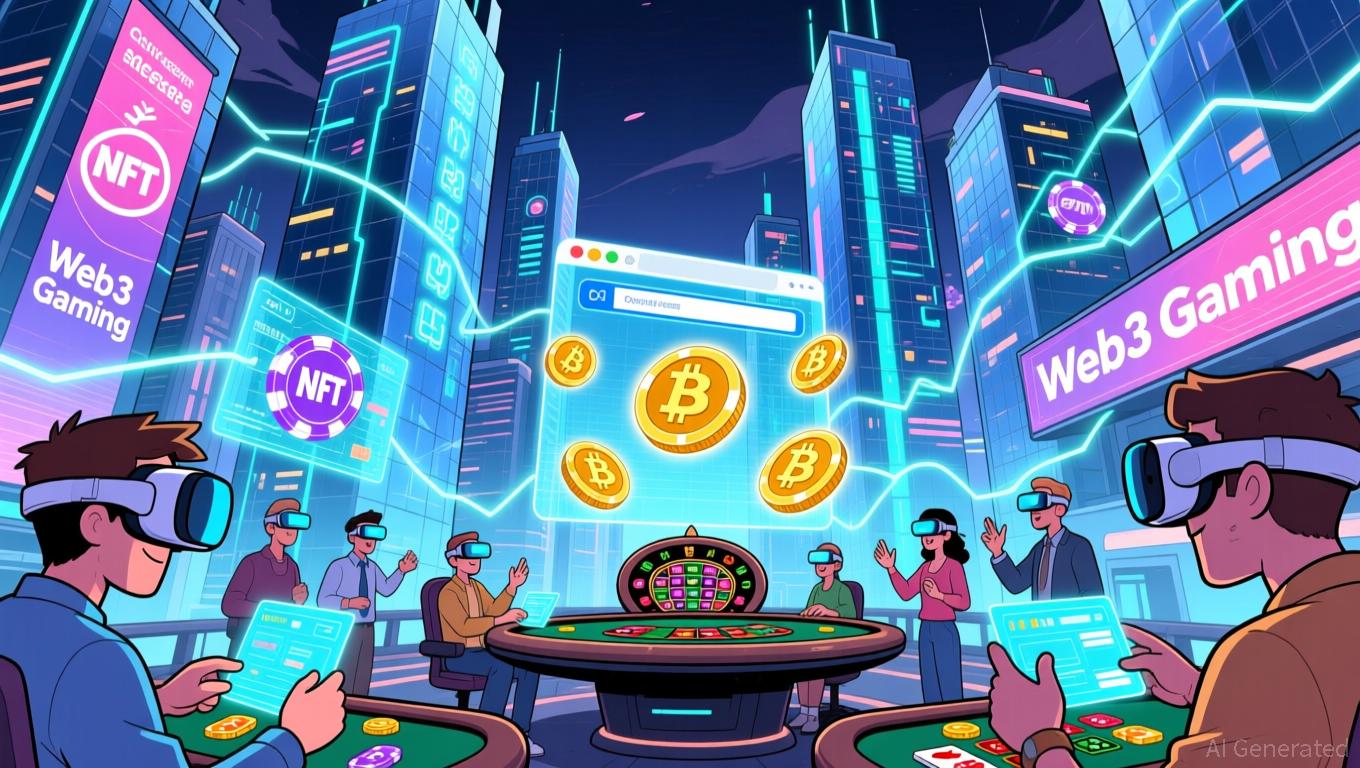Southeast Asia's Gaming and Blockchain Surge Fueled by Foreign Investment and Focus on Sustainability
The YGG Play Summit, a significant event for both gaming and blockchain communities, has highlighted Southeast Asia's rise as a vibrant center for gaming advancements. This momentum is fueled by swift economic integration, the uptake of Web3 technologies, and targeted investments. The gaming sector in the region is transforming in tandem with its robust economic outlook, as Southeast Asian economies are expected to expand by as much as 4.8% in 2024,
An important takeaway from the summit was the merging of gaming and blockchain. The alliance between TokaCity and SACHI—a Web3 gaming platform powered by Unreal Engine 5—illustrates this direction. Their partnership seeks to bring casino and skill-based games into SACHI’s engaging, browser-based world, utilizing blockchain for digital asset ownership and live interactions.

Singapore’s implementation of Alibaba’s Qwen large language model for local AI solutions further demonstrates how advanced language technologies are shaping the gaming sector. AI Singapore’s Qwen-SEA-LION-v4, designed to interpret regional languages such as Indonesian and Thai, represents a shift from previous models like Meta’s Llama and Google’s Gemma.
The summit also explored the growth of “phygital” (physical-digital) gaming, with the World Phygital Community launching a global advisory board to oversee phygital sports. The Games of the Future 2025 in Abu Dhabi and 2026 in Astana,
Despite the sector’s strong performance, Southeast Asia’s gaming industry still faces hurdles such as climate adaptation and supply chain challenges. According to the OECD, the region’s post-pandemic economic rebound has been aided by digital transformation and collaboration between public and private sectors,